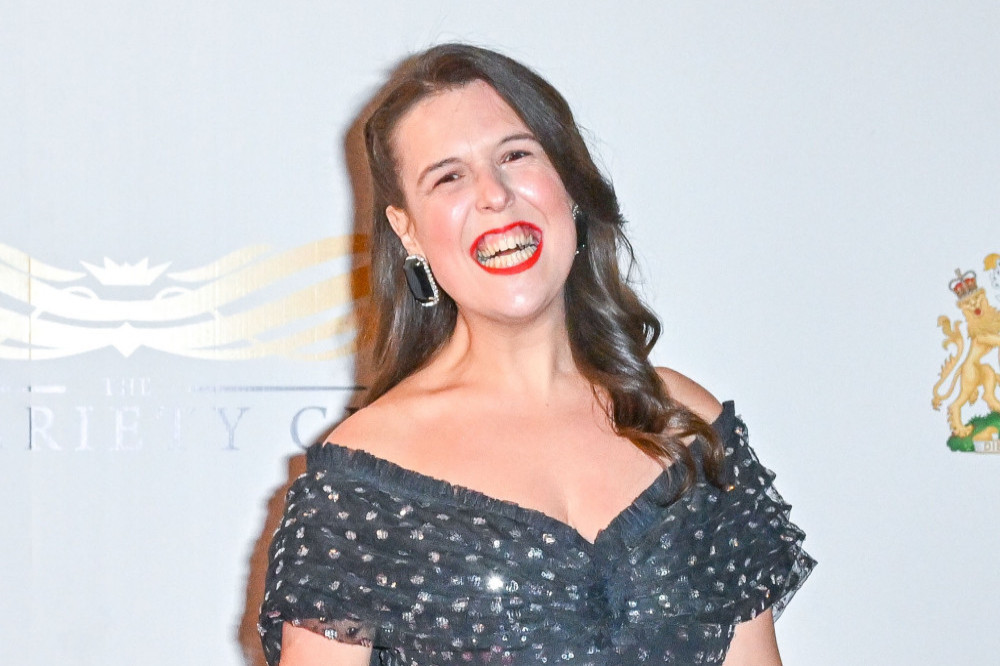Rosie Jones was “so mad and so angry” as a child as she could never find disabled characters in the books she read growing up.

Rosie Jones was ‘so mad and so angry’ as a child as she could never find disabled characters in the books she read growing up
The 34-year-old comedian – who is openly gay and has cerebral palsy – added she was driven to write her children’s novel ‘Moving On Up!’ as she wanted youngsters to have a book that made them feel they could embrace their “individuality”.
She told the Metro: “I adored reading. I read everything but I never saw a character with a disability and that made me so sad and so angry because people didn't think my story was worth telling.”
The comic also stressed she wrote the book with her 10-year-old self in mind as she would have done “anything to be just one of the crowd” when she was young, instead of accepting what made her unique.
She added: “The chapter I needed growing up was about feeling different, because especially when you're a child it feels like the one thing you need to do is fit in and not be the odd one out.
“For me, being disabled and secretly having feelings for other girls and wondering if I was gay was terrifying. I would have done anything to be just one of the crowd.
“But writing a chapter about owning your difference, owning your individuality – because that will make you brilliant and wonderful and a person that you were always meant to be – is incredible.
“So if I’d had a chapter like that when I was little, it really would have changed how I thought about myself for the better.”
Rosie also revealed she doesn’t want to appear on ‘Strictly Come Dancing’ because she thinks her disability would mean she wouldn’t be “treated as an equal”.
She said: “I watch ‘Strictly’ every year and it really feels like a staple of our society, and (the dancers) have become more diverse, but I do think in terms of disability, there’s still a disparity.
“I can’t imagine being part of that, and being treated like an equal to all the other dancers, because even though I’ve got rhythm – I can dance, I can bust some moves — in terms of technicality, you’ve got to admit that my body cannot physically do the same as a non-disabled person’s body, and I wouldn’t want the judges to patronise me.”

